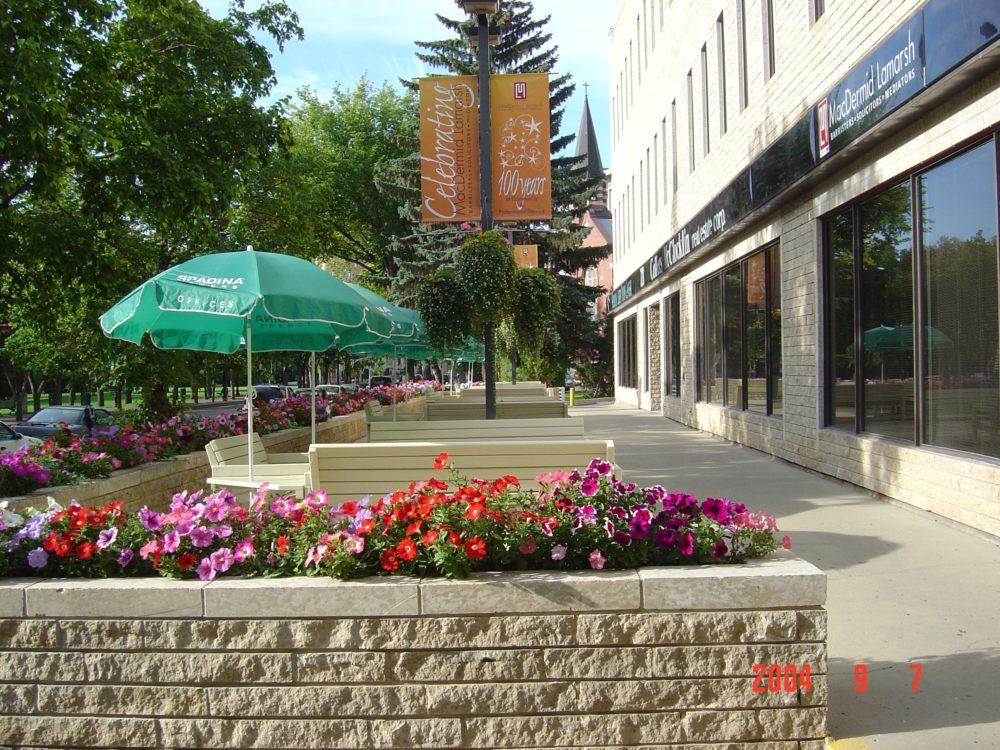In the Condo News report of March 14, 2013, the following was stated: “Window replacement policy will follow that of the Condo Act, which means owners will replace their windows at their own cost”.
The board has clearly misinterpreted the provisions of the Condominium Act in this regard which read as follows:
C-26.1 CONDOMINIUM PROPERTY, 1993 (2) With respect to condominium plans registered before the coming into force of this section, the common boundary of one unit described in a condominium plan with another unit or with common property is an imaginary line drawn equidistant between the two lateral surfaces of the floor, wall or ceiling, as the case may be, unless the condominium plan stipulates otherwise. 1993, c.C-26.1, s.8..
The condominium plan does in fact stipulate otherwise: Unit Boundaries and Areas For Levels 1-13
(B) Horizontally
” From the Unit Side of exterior concrete masonry walls, block surfaces or INSIDE EDGES of the glass windows of walls separating a unit from the adjacent balcony common area, to the unit side of concrete masonry walls, block surfaces, or center lines of walls (where indicated)”.
In other words, place your hand against the window. Whatever is beyond your hand is common property and the responsibility of the Corporation.
On the registered plan of the building, these front window walls are clearly illustrated. Window walls are very common in high rise buildings. Over many years in this building, the Corporation has always respected the bylaws and the Condominium Plan whereby windows have been replaced by the Corporation as a common area expense.
The minutes of the August 30, 2005 board meeting clearly outline expenditures from the Common Expense Fund including one commercial and five residential front windows. The cause of damage to the commercial window was vandalism whereas the damage to residential windows was deemed to be stress related.
Shortly after this board meeting, the Annual General Meeting was held on September 26, 2005. In the Chairman’s remarks, the following is stated:
“The building’s front windows are repaired by the condominium corporation”.
At the board meeting of July 15, 2008, the following was stated under general business: “There was discussion on caulking the balcony windows. Board feels that any capable contractor should be able to perform this job. Board requested that Colliers call Lydale, Regal and Wells construction companies to obtain quotes. Ten floors need caulking.”
Further building committee reports specifically reiterating the need for management to attend to the repair and preventive maintenance of the front windows and above facing, were presented over the following year. Unfortunately, no repair or maintenance has taken place since.
In the “Building Management and Operations” report of May 15, 2009, the following statement is made:
“The following are some current matters requiring the immediate action of management: A quote should be obtained for repair to facing above the front windows and related work in a number of units”. Again, nothing has ever been done. This deferred maintenance will prove to be very costly.
In May of 2012, unit owners were provided with an updated handbook. The following statement is included in this handbook:
“Common areas including the lobby, hallways,exterior walls, doors and WINDOWS, hallway doors, balcony floors and walls, laundry rooms, elevators and stairwells, indoor parking garage and the building structure, are owned by the Condominium Corporation and are the responsibility the board”.
As is the case with this building, many window wall systems still rely on a prime seal (caulking and tape) to keep out the weather and minimize deflection. The problem is sealants crack and deteriorate over time, causing moisture problems and the potential failure of the window unit.
Finally, the following excerpt from a recognized Canadian legal publication, clearly endorses and supports this common practice in other provincial jurisdictions as well.
By: Gerry Hyman Condo Law Columnist, Published on Fri Apr 22 2011
Q: My highrise condo has a large double glass window. The interior pane cracked and a contractor advised that the crack was not due to misuse but to building stress. Our declaration states that the maintenance and repair of windows is the obligation of the corporation. The board maintains that the broken window is my responsibility because the crack is in the interior rather that the exterior pane. Is the board correct?
A: The two panes are part of the window and in virtually every highrise building windows are a common element and repairs are the obligation of the corporation. The fact that the crack is in the interior pane is not relevant.
In conclusion, the board must recognize the Corporation’s responsibility and obligation to provide regular maintenance on these front window walls. This maintenance has been deferred far too long and must be addressed immediately. Any required maintenance, repair or replacement is clearly the responsibility of the Corporation.








